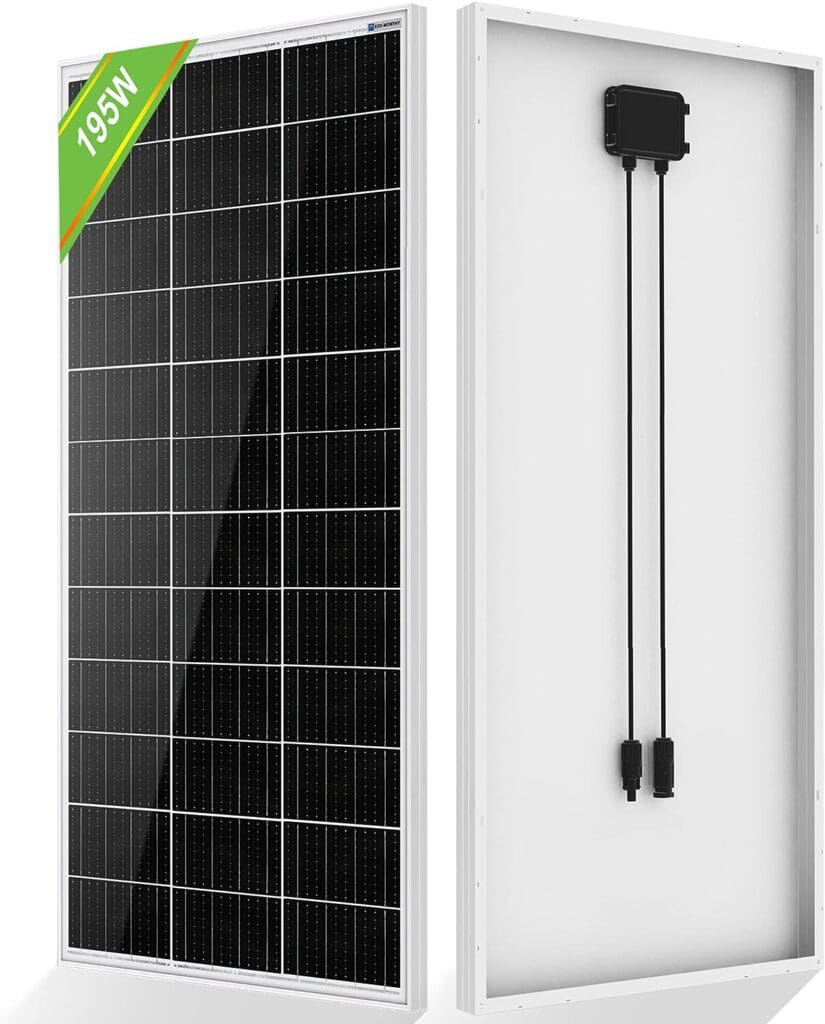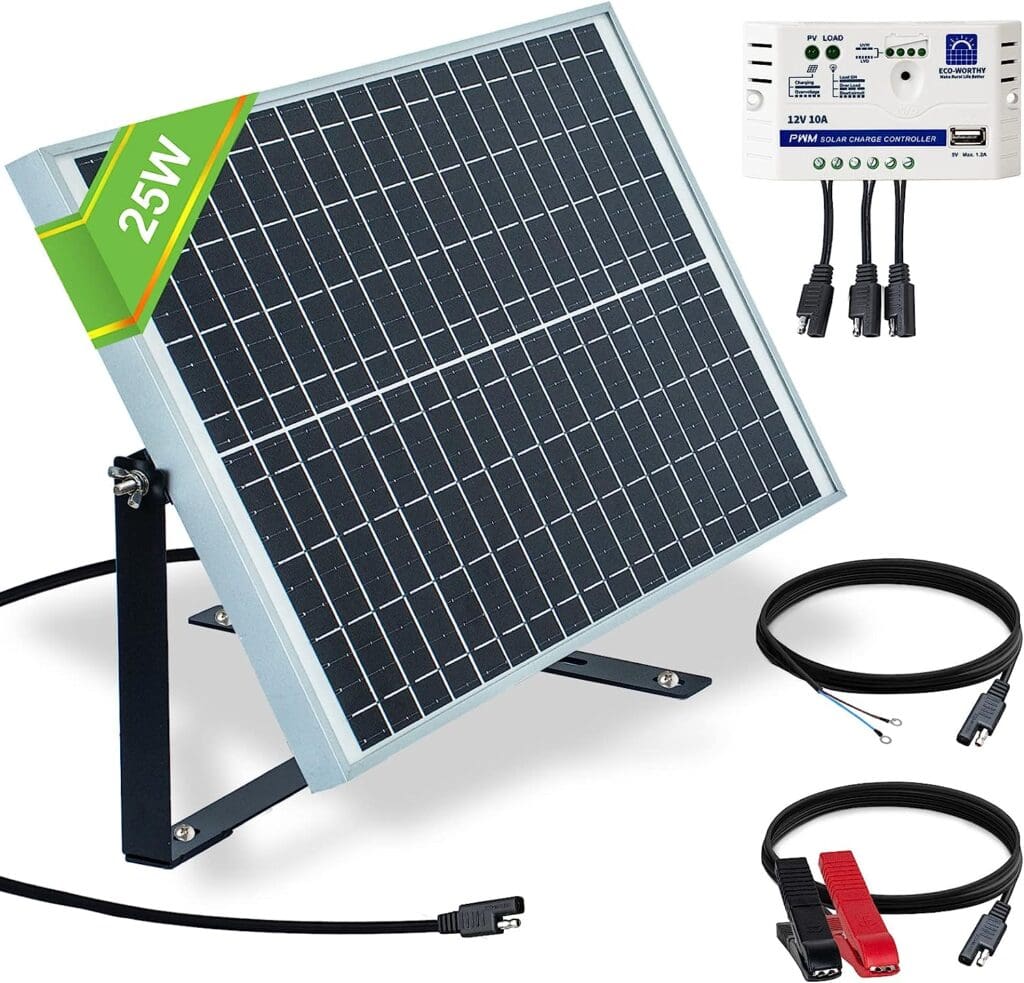Definition
A solar panel is a device that converts sunlight into electricity.
Expanded Explanation
Solar panels, also known as photovoltaic (PV) panels, harness solar energy. They are vital in renewable energy systems.
Importance
PV panels reduce reliance on fossil fuels, combating climate change. They’re key in sustainable energy solutions.
Context and Usage
Used in residential and commercial settings, solar panels provide clean energy, reducing electricity bills and carbon footprint.
Examples
- Example 1: In a home solar system, solar panels on the roof generate electricity, powering appliances.
- Example 2: In remote areas, PV panels provide electricity where grid connection is unavailable or impractical.
Understanding the Solar Panel
Common misconception: PV panels don’t work on cloudy days. While efficiency decreases, they still generate electricity.
Related Glossary Terms
- Photovoltaic Cells: These cells make up PV panels, converting sunlight to electricity.
- Renewable Energy: Solar panels are a crucial component in renewable energy systems.
Visual and Reading Aids
External Resources
- 8 in 1 Solar Educational Robot Kit: This kit is an excellent tool for children to learn about solar energy and basic engineering skills.
- This solar robot kit, transformable into eight forms, offers hands-on solar tech experience with 194 pieces, ideal for children 8+.
- It’s ideal for at-home play and outdoor experiments, making learning about solar energy fun and interactive.
- 14-in-1 Solar Robot Kit: This STEM project kit is perfect for kids interested in solar technology and engineering.
- It allows children to build a solar-powered robot with 14 different modes, including various movements and functions.
- The kit helps kids understand solar technology and gear mechanisms.
- It includes detailed instructions and easy-to-handle parts, making it accessible for young learners.
- This kit is suitable for children aged 8 to 12 and provides an engaging way to explore solar panel technology.
Related Articles
- Ultimate DIY Solar System Review | Bible Guide + VIDEO: Explore the comprehensive review of DIY solar systems with detailed guidance and an informative video in the ‘Ultimate DIY Solar System Review | Bible Guide + VIDEO’ blog post.
- Harnessing Solar Energy in Edmonton: A Simplified Guide to Off-Grid Living: Discover the essentials of off-grid living with solar energy, applicable to any town or city, in the ‘Harnessing Solar Energy in Edmonton: A Simplified Guide to Off-Grid Living’ blog post.
Affiliate Links Disclosure:
This post contains affiliate links, meaning I may earn a commission if you click and make a purchase at no additional cost to you. As an affiliate for Amazon, ClickBank, and other affiliate programs, I may be compensated if you buy products or services through my recommendations. Please know that I only promote products I trust and believe will be valuable to my readers.

